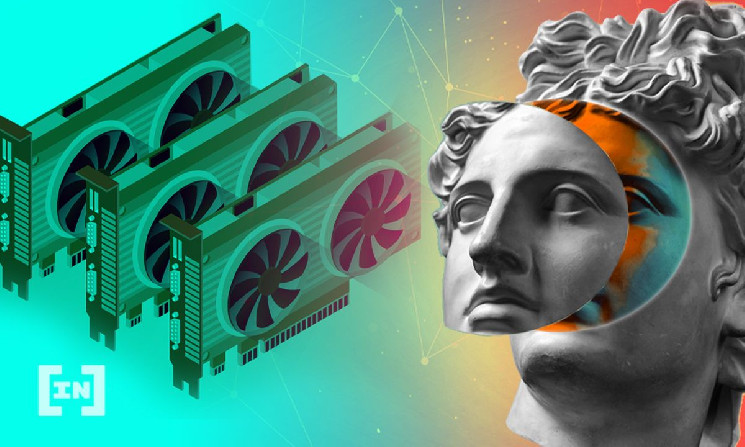Supreme Court justices indicated they may deliver a limited ruling in a shareholder lawsuit against Nvidia Corp. The alleged lawsuit claims that the company misrepresented its reliance on crypto mining revenue to investors.
During Wednesday’s hearing, several justices questioned whether the Supreme Court should have taken Nvidia’s appeal, noting the absence of broader legal implications. Chief Justice John Roberts remarked that both sides had oversimplified their arguments.
Nvidia Crypto Revenue Under Scrutiny
Nvidia shareholders claim CEO Jensen Huang misrepresented revenue drivers in 2017 and 2018. They allege that while the company’s GeForce GPUs were marketed as gaming products, significant sales were associated with crypto mining.
This exposure to cryptocurrency volatility led to a steep revenue miss in late 2018, causing shares to drop by 28% in just two days. Nvidia argues that the lawsuit lacks the necessary specificity to advance to the discovery phase.
According to Bloomberg, Justice Amy Coney Barrett floated the idea of sending the case back to the appeals court, which previously ruled in favor of the shareholders.
This year, Nvidia has benefited from surging crypto mining demand, with its stock up 200%. Bitcoin’s halving earlier this year reduced block rewards, pushing miners to intensify operations. It eventually boosted demand for Nvidia’s hardware.

Beyond crypto, Nvidia is expanding into humanoid robotics. The company aims to provide developers with tools to train robots using human demonstration data. Ultimately, the goal is to improve human-machine interactions.
Nvidia’s influence on the market remains strong. Earlier this year, its market cap exceeded the combined value of all stocks in the Russell 2000 by $10 billion, contributing to 43% of the S&P 500’s gains.
Despite its successes, Nvidia faces regulatory challenges. In September, the Department of Justice (DOJ) subpoenaed Nvidia as part of an antitrust investigation.
The DOJ is examining whether Nvidia’s practices hinder competition, especially in sectors like crypto and AI.
 beincrypto.com
beincrypto.com
